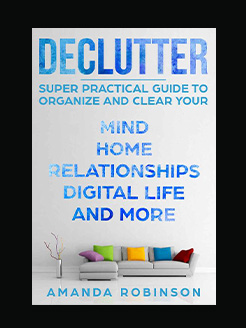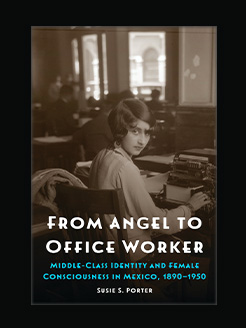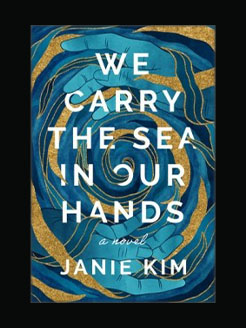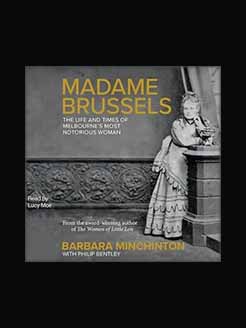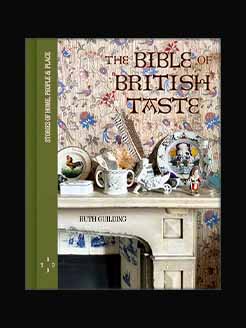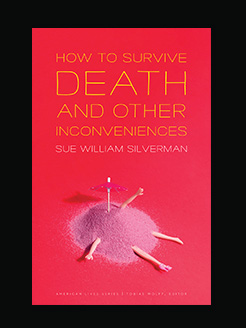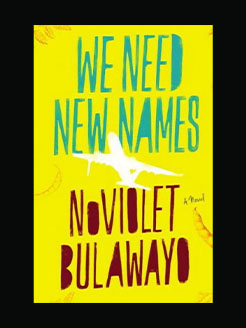Published in 2024
342 pages
Susannah Gibson is an Irish writer and historian. She is the author of The Spirit of Inquiry and Animal, Vegetable, Mineral? She holds a PhD from the University of Cambridge in eighteenth-century history and lives in Cambridge, England.
What is this book about?
An illuminating group portrait of the eighteenth-century women who dared to imagine an active life for themselves in both mind and spirit.
In England in the 1700s, a woman who was an intellectual, spoke out, or wrote professionally was considered unnatural. After all, as the wisdom of the era dictated, a clever woman—if there were such a thing—would never make a good wife. But a circle of women called the Bluestockings did something extraordinary: coming together in glittering salons to discuss and debate as intellectual equals with men, they fought for women to be educated and to have a public role in society.
In this intimate and revelatory history, Susannah Gibson delves into the lives of these pioneering women. Elizabeth Montagu established one of the most famous salons of the Bluestocking movement, with everyone from royalty to revolutionaries clamoring for an invitation to attend. Her younger sister, Sarah Scott, imagined a female-run society and created a women’s commune. Meanwhile, Hester Thrale, who also had a salon, saved her husband’s brewery from bankruptcy and, after being widowed, married a man she loved—Italian, Catholic, and not of her social class. Other women made a name for themselves through their publications, including Catharine Macaulay, author of an eight-volume history of England, and Frances Burney, author of the audacious novel Evelina.
In elegant prose, Gibson reveals the close and complicated relationships between these women, how they supported and admired each other, and how they sometimes judged and exploited one another. Some rebelled quietly, while others defied propriety with adventurous and scandalous lives. With moving stories and keen insight, The Bluestockings uncovers how a group of remarkable women slowly built up an eviscerating critique of their male-dominated world that society was not yet ready to hear.
